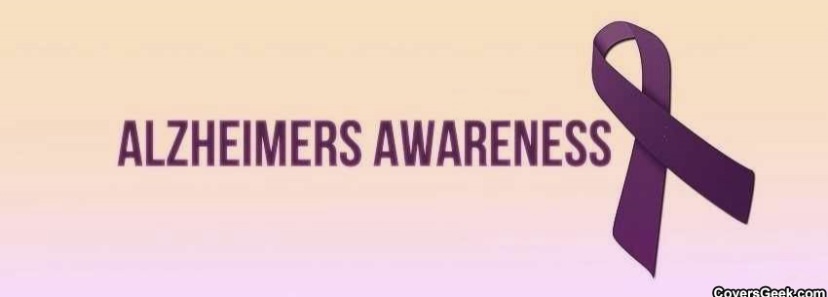By Rosney Herrera | Published by December 5, 2021
Kean University has been at the core of a series of campaigns to create awareness about Alzheimer’s disease for almost half as long as the institution has existed and on Oct.27 Sigma Beta Chi sorority continued the tradition as the host of Alzheimer’s Awareness Day.

Alzheimer’s disease is when the brain shrinks (atrophy) and then dies due to the loss of brain cells over time. It is estimated to be responsible for more than half of all cases of dementia, which is characterized by a steady loss in cognitive, behavioral, and social abilities.
Kean University organizes an Alzheimer’s Awareness Day once every year to sensitize students on the causes, risk factors, and possible treatments of the disease.
This year’s event was considered the most significant and most memorable. According to the organizers, the preparation alone took a whole week.
“We have been preparing for this event for the last six days or so,” said the director of the event.
Damian said they had gone out of their way to spread the word about this event this time. We have been sending out posters and stickers and even spreading the word. We are expecting many people to attend.”
As predicted by the event organizer, nearly 120 people attended the event, which was a great success overall. The event kicked off with a group of second-year students who staged a modern dance in tribute to one of their members.

Alzheimer man Photo credit: Laura Van Biervliet is licensed under CC BY 2.0 
Alzheimer day Photo credit: Access medical is licensed under CC BY 2.0
Everybody showed that they were in solidarity with the crew’s comrade. After that, the audience was treated to a spectacular acrobatics show by a group of first-year students.
Alzheimer’s disease affects an estimated 5.8 million Americans 65 and older, according to the Regional Health Officer (RHO) for Sigma Beta Chi.
In addition, an estimated 60 to 70 percent of the world’s 50 million persons with dementia have Alzheimer’s disease.
The Sigma Beta Chi RHO (Regional Health Officer) told the audience about the signs of Alzheimer’s disease, pointing out that the teaching sorority should be especially vigilant in detecting the early symptoms of the disease in students’ family members.
The early indicators of the condition, according to the RHO, include forgetting previous events or discussions. As the condition develops, an individual with Alzheimer’s disease will suffer significant cognitive problems and lose the capacity to carry out ordinary duties.
The event concluded with a vote of thanks that expressed hope that everybody in the audience had gotten something positive to take home and teach others who may not have been lucky enough to attend.

You must be logged in to post a comment.